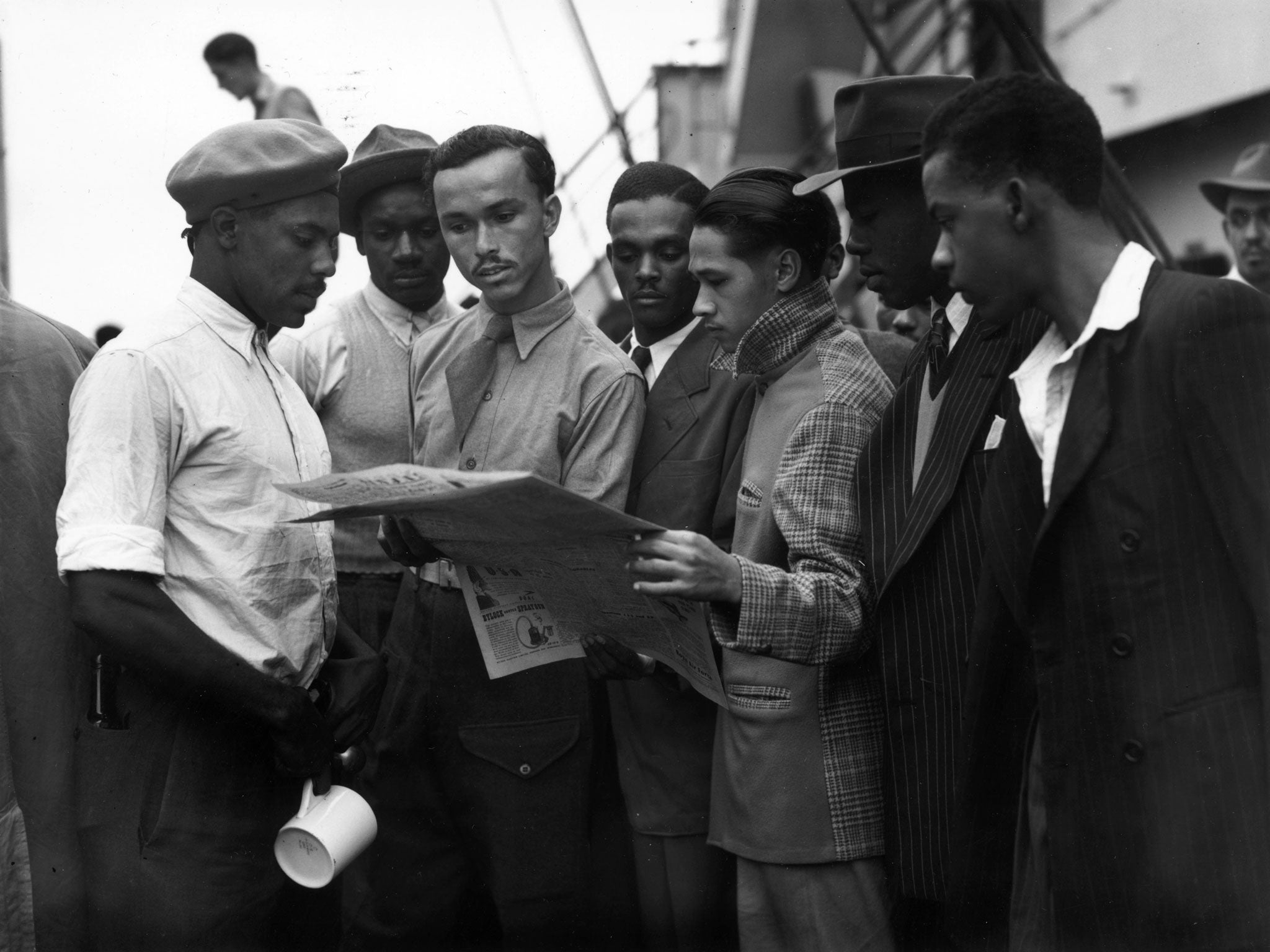No-deal would hammer economy, warns OBR as minister quits over foreign aid cut
Foreign Office minister quites in protest at cut in overseas aid budget
Your support helps us to tell the story
From reproductive rights to climate change to Big Tech, The Independent is on the ground when the story is developing. Whether it's investigating the financials of Elon Musk's pro-Trump PAC or producing our latest documentary, 'The A Word', which shines a light on the American women fighting for reproductive rights, we know how important it is to parse out the facts from the messaging.
At such a critical moment in US history, we need reporters on the ground. Your donation allows us to keep sending journalists to speak to both sides of the story.
The Independent is trusted by Americans across the entire political spectrum. And unlike many other quality news outlets, we choose not to lock Americans out of our reporting and analysis with paywalls. We believe quality journalism should be available to everyone, paid for by those who can afford it.
Your support makes all the difference.Rishi Sunak has announced that the "economic emergency" caused by the pandemic has only just started, while a no-deal Brexit would make the blow even worse, according to the Office for Budget Responsibility (OBR).
The official forecaster warned that unemployment levels could reach 8 per cent, rather than the 7.5 per cent it currently predicts, if the UK does not reach a free trade deal with the EU.
The OBR also said that 2 per cent could be knocked off GDP growth without an agreement.
Among the major announcements in Wednesday’s spending review, Mr Sunak said that some public-sector workers would have their salaries frozen next year and that the overseas aid budget would be cut to 0.5 per cent of national income, a decision that was met with protest from the opposition benches.
The cut to the foreign aid budget led to the resignation of Baroness Suggs, a Foreign Office minister.
“I believe it is fundamentally wrong to abandon our commitment to spend 0.7% of gross national income on development. This promise should be kept in the tough times as well as the good,” she wrote in her resignation letter to the prime minister.
See what was our live coverage below.
Morning, and welcome to The Independent’s rolling UK politics coverage.
Biden says Brexit must not create guarded Irish border
Joe Biden has said that there must be no hard border between the north and south of Ireland as a result of Brexit.
Speaking in Wilmington, Delaware, on Tuesday, the US president-elect said: "We do not want a guarded border. We want to make sure - we've worked too long to get Ireland worked out, and I talked with the British prime minister, I talked with the Taoiseach, I talked with others, I talked to the French.
"The idea of having a border north and south once again being closed is just not right, we've just got to keep the border open."
Shortly after winning the US presidential election earlier this month, Mr Biden, who has Irish ancestry, called Boris Johnson to stress that Brexit must not threaten the Good Friday Agreement and peace in Northern Ireland.
His latest words come as Brexit negotiations continue, with the end of the transition period fast approaching.
Sunak promises jobs will be ‘number one priority’ amid criticism
Chancellor Rishi Sunak has said he will prioritise jobs in his spending review on Wednesday afternoon.
Although Mr Sunak has pledged funds including a new £2.9 billion scheme to help long-term unemployed people seek work, most attention has been focused on his proposed pay freeze for public sector workers.
This is expected to affect 5 million employees next year, with frontline NHS workers likely to be exempt from the measure.
The Independent’s political editor Andrew Woodcock has all the details:

Rishi Sunak promises to make jobs ‘number one priority’ in spending review
Malala joins those urging against aid budget cut
Nobel Peace Prize laureate Malala Yousafzai has joined those urging Boris Johnson and Rishi Sunak not to cut the overseas aid budget.
Malala tweeted on Tuesday that as many as 20 million more girls could be forced out of education because of the pandemic.
The human rights activist suggested that the British government should retain its pledge to spend 0.7 per cent of national income on international aid to address issues such as educational inequality around the globe. It is expected to be cut down to 0.5 per cent.
Fellow Nobel laureate Kailash Satyarthi also struck out at the proposed cut, writing to the prime minister that the move would be “unforgivable” and “inhumane”.
He said: "History will judge this harshly and it will be unforgivable if leaders now cut one of the few sources of support for the most marginalised.
"Such a cut would exemplify the gross inequality that is starting to define our times; it is difficult to imagine anything more inhumane."
‘Hostile environment’ policies broke law, report finds
A damning report by an equality body has found that the Home Office broke the law through its hostile environment policies, which were introduced by Theresa May.
The Equality and Human Rights Commission (EHRC) said the measures, which caused the Windrush scandal, were a “shameful stain on British history”.
They led to British citizens being detained, deported, fired from their jobs and made homeless because they could not provide authorities with certain documents.
The watchdog concluded that the Home Office failed in its legal duty towards black Britons, with ministers found to have ignored the Windrush generation’s grievances “even as the severe effects of hostile environment policies began to emerge”.
Here’s my colleague Rob Merrick with more on the story:

‘Hostile environment’ broke law and is ‘shameful stain on British history’, equality watchdog finds
Spending review explained
Chancellor Rishi Sunak is scheduled to give his spending review in the Commons from 12.30pm this afternoon.
But what is a spending review? And how will Mr Sunak’s differ from previous ones?
Politics round-up
Here’s my colleague Adam Forrest with an overview of today’s political news - from Ben Bradley MP’s dispute with Martin Luther King’s daughter on Twitter to the projected impact of a no-deal Brexit.

Rishi Sunak under pressure to drop public sector pay freeze – your daily politics briefing
Welsh first minister gives Christmas warning
Welsh first minister Mark Drakeford has urged people to be “cautious and careful” over Christmas, following the announcement that up to three households can bubble together from 23 to 27 December.
Mr Drakeford said people should continue to bear in mind the risks to themselves and others.
"I know there will be many families in Wales who will choose not to use any of these freedoms because they will think that this is not the year to put themselves and others at risk,” he said.
The first minister added that those who take advantage of the short loosening of restrictions should do so “responsibly” to ensure that the NHS is not overwhelmed in the New Year.
"Personally I will be at the very precautionary end of this spectrum and I think there will be many, many thousands of families in Wales who will want to do it in the same way," he said.
Burnham urges Sunak to listen to ‘cries for help’
The Manchester mayor Andy Burnham has urged the chancellor to help those in need through his spending review.
The former Labour MP tweeted his plea on Wednesday morning, just hours before Rishi Sunak is set to deliver his plans for 2021-2022.
Mr Burnham mentioned that three million people have been excluded from the government’s support schemes during the pandemic, adding that “jobs, homes, marriages and lives” depend on Mr Sunak’s words.
The chancellor should listen “to their cries for help and do the right thing”, the mayor added.
Government paid extra £10bn for Covid PPE due to ‘inadequate’ stockpiles
A National Audit Office (NAO) report has found that the government was forced to spend an extra £10 billion of taxpayers’ money on protective equipment during the first few months of the pandemic, as it did not have adequate stockpiles.
The spending watchdog said that the Department for Health and Social Care spent £12.5bn on 32bn items, including face-mask, gowns and gloves, after dramatic rises in PPE prices.
The same amount of equipment would have cost just £2.5bn a year ago, the NAO said.
The Independent’s Andrew Woodcock explains the report’s findings:

Join our commenting forum
Join thought-provoking conversations, follow other Independent readers and see their replies
Comments